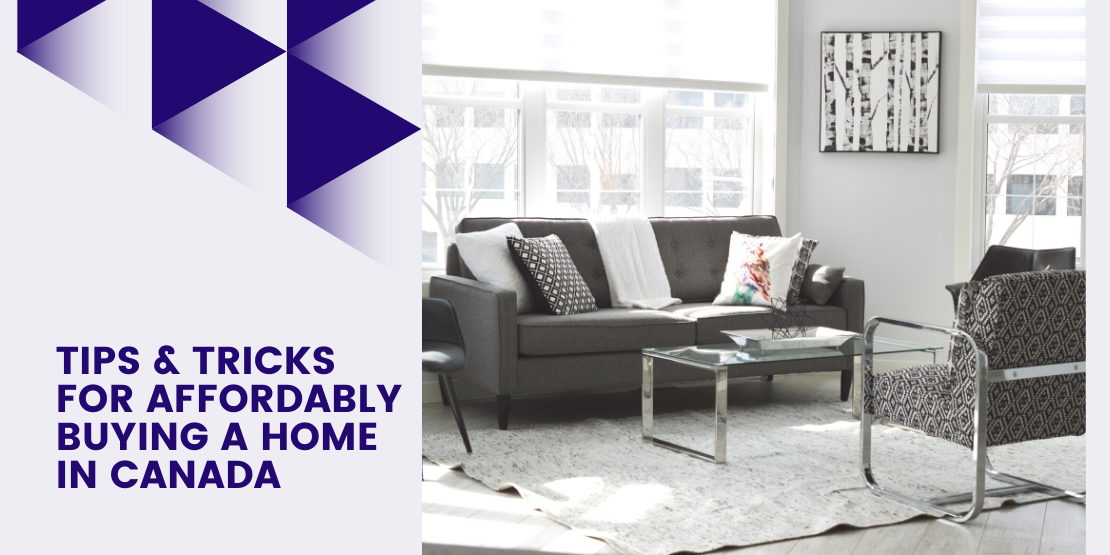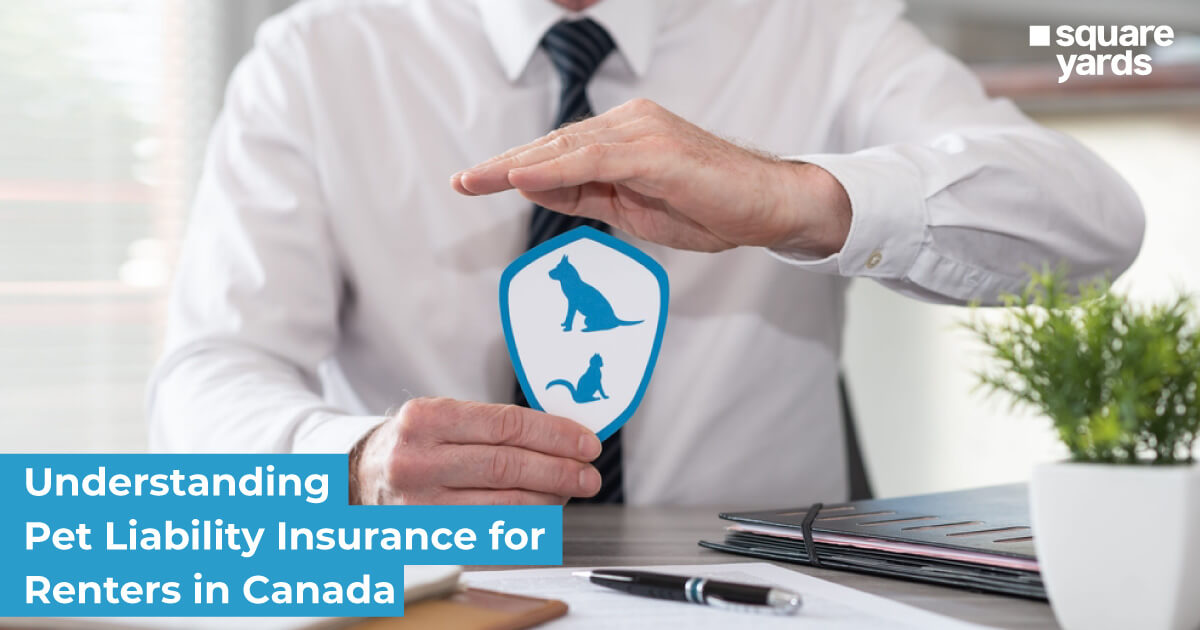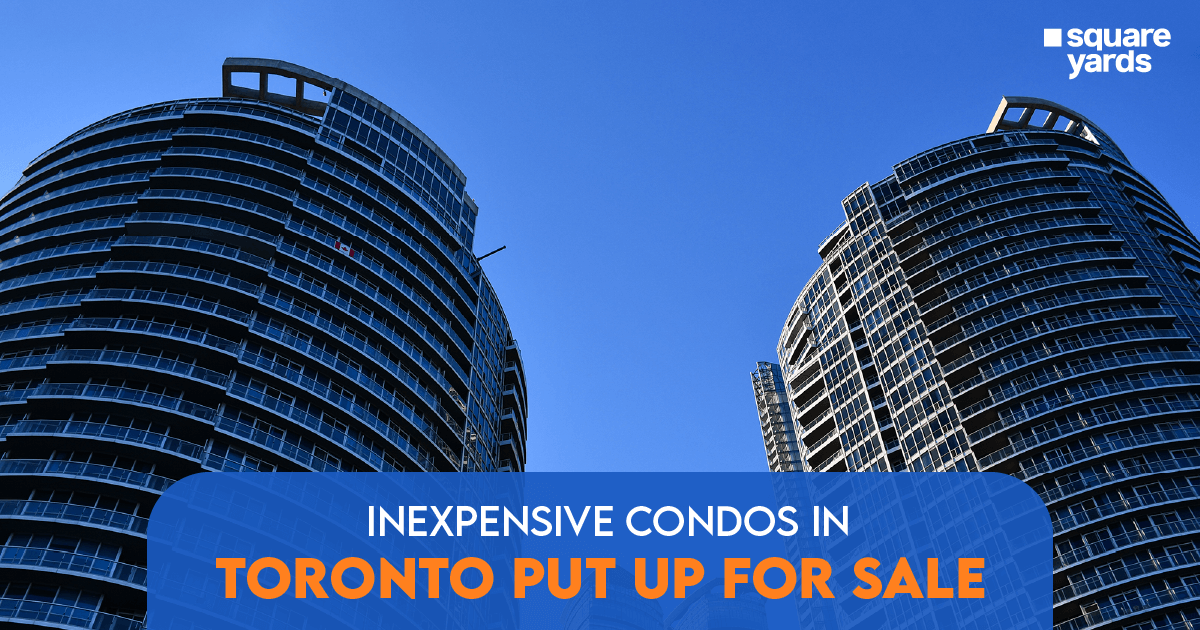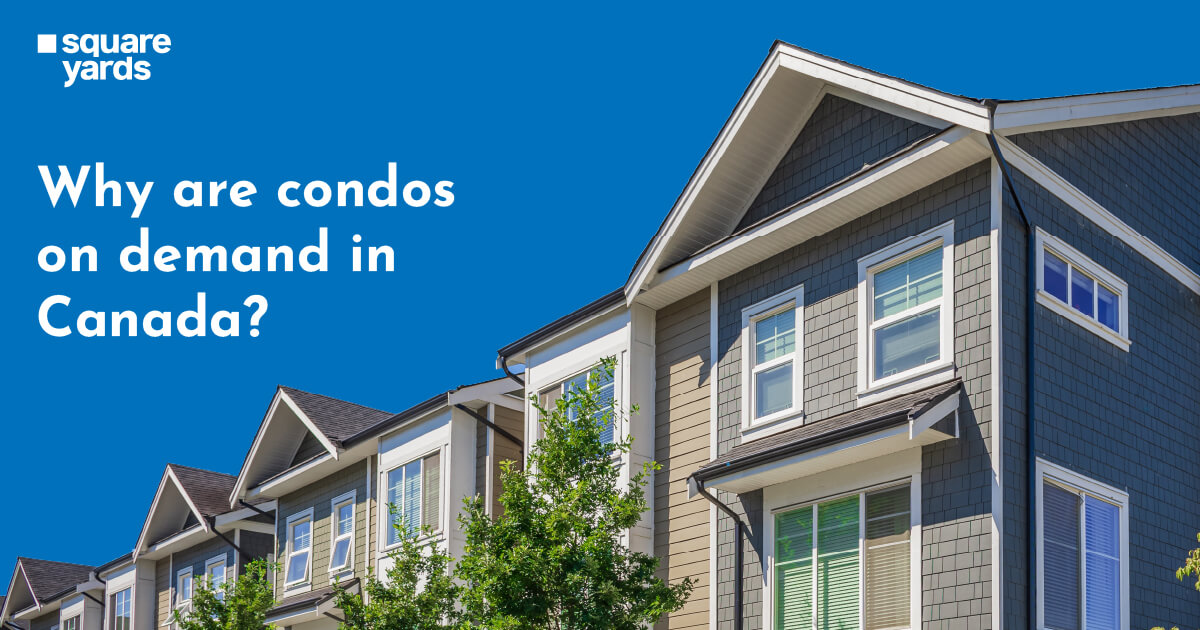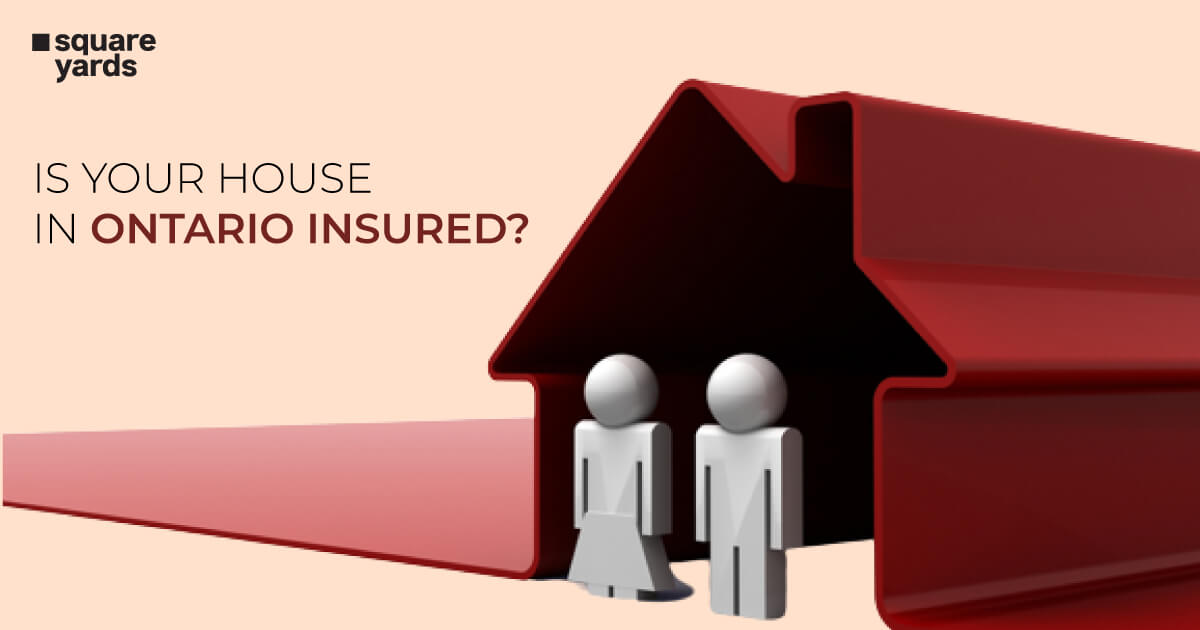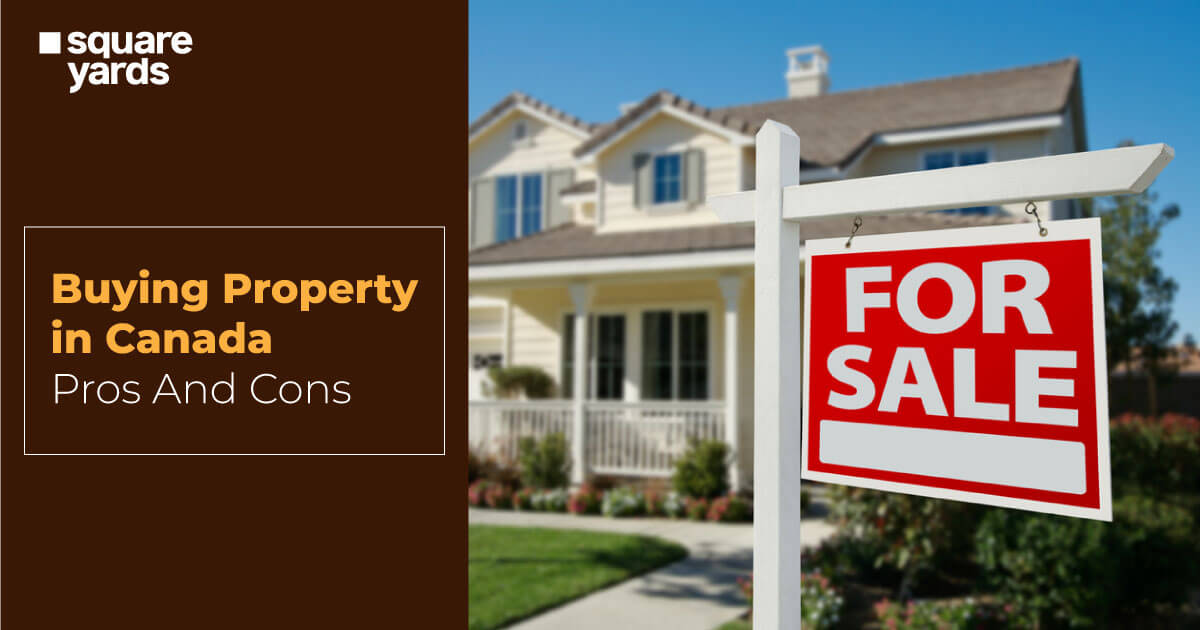Buying a home in Canada isn’t cheap, and it’s easy to feel like you’re priced out before you even start looking. But it doesn’t have to be that way. With a few smart moves and some insider real estate tips for buyers, you can find a home that fits your budget without sacrificing what matters most to you. This blog will explore all the smart ways and tips for first time home buyers who want to purchase a house in Canada.
Today’s Canadian Housing Market
The Canadian housing market in early 2025 offers mixed opportunities. Nationally, 44% of regions favour sellers, 33% are balanced, and only a few, like Hamilton, Ontario, favour buyers. Competition remains strong, with prices either steady or rising. Housing activity is gaining momentum. In November 2024, national home sales rose 2.8% from the previous month and jumped 26% year-over-year. The benchmark home price increased by 0.6%, the biggest rise since July 2023.
The Canada Mortgage and Housing Corporation (CMHC) forecasts more activity through 2027, driven by interest rate shifts and policy changes. However, affordability remains challenging, especially in cities like Toronto and Vancouver. High prices and mortgage rates continue to stretch buyers’ budgets. The government is easing some pressure. The insured mortgage cap increased from C$1 million to C$1.5 million, and first-time buyers or those purchasing new homes can extend amortisation to 30 years. These steps aim to make buying easier and boost new construction.
Regionally, Ontario saw the average home price drop to $834,123, down 3.9% from the previous month and 2.3% year-over-year—a rare price dip offering some relief to buyers.
Types of Houses To Look out at Square Yards
Canada has a wide variety of homes that match different lifestyles and budgets. Whether you’re looking for a cosy spot in the city or a spacious place in the suburbs, there’s something for everyone.
Detached Houses
Detached Houses are classic single-family homes that stand alone without sharing walls. They offer the most privacy and space, usually with a yard and a garage. They are perfect if you want plenty of room for your family, but remember they can be pricier and need more upkeep.
Semi-Detached Houses
Semi-Detached Houses share one wall with a neighbour but still have their entrances and yards. They’re a good middle ground—more affordable than fully detached houses but with more privacy than a townhouse.
Townhouses
Townhouses, or row houses, are connected homes with walls on both sides. They’re usually multi-level and have small yards. Great for city living, they offer more space than a condo without the higher price of a detached house.
Condominiums (Condos)
Condos are individual units within larger buildings. You can access shared amenities like gyms and pools without worrying about yard work. They’re often cheaper than houses and are perfect for singles, couples, or retirees. Just remember, you’ll pay monthly maintenance fees.
Duplexes
A duplex is one building split into two separate homes. You can live in one unit and rent out the other to help with the mortgage. It’s a smart option if you want to invest while owning your home.
Bungalows
Bungalows are single-story homes, ideal if you want to avoid stairs. They’re great for seniors, families with small kids, or anyone who prefers everything on one floor. They often have open layouts and good-sized yards.
Split-Level Homes
These homes have staggered floors connected by short sets of stairs. They use space well and let you separate living areas from bedrooms. If you like unique layouts and a bit of character, this could be your style.
Mobile and Modular Homes
Mobile homes are built in factories and moved to a site, often in a designated park. Modular homes are also pre-made but put together on a permanent foundation. Both are more affordable options but have some placement restrictions, and financing can be trickier.
Steps to Buying a House In Canada
Buying a home in Canada is an exciting journey, but breaking it down into steps can make it more manageable. Here are some helpful tips for first time home buyers to assist you through the process.
Calculate Your Budget
It’s a good idea to start by understanding what fits within your budget. Reviewing your income, debts, and savings can give you a clear picture. Using a mortgage calculator might help estimate monthly payments, and keeping in mind extra costs like property taxes, utilities, and maintenance ensures you’re well-prepared. Having a budget in mind can simplify your search.
Get Pre-Approved for a Mortgage
Connecting with a lender to get pre-approved for a mortgage can clarify how much you can borrow. This helps set expectations and shows sellers you’re a serious buyer. The lender will review your financial details, like income, debts, and credit history to guide this process.
Save for a Down Payment
The required down payment varies based on the home’s price:-
- 5% for homes priced at $500,000 or less
- 5% for the first $500,000 and 10% for the portion above that, up to $999,999
- 20% for homes priced at $1 million or more
Setting aside a larger down payment can reduce your mortgage and help you avoid mortgage insurance.
Explore Your Benefits and Taxes
For Canadian residents, several programs can make buying a home more affordable. The First-Time home buyer incentive offers 5-10% of the home’s price to help with your down payment. The Home Buyers’ Plan (HBP) allows you to withdraw up to $35,000 from your RRSP to buy your first home without immediate tax penalties. The First Home Savings Account (FHSA) lets you save money tax-free, specifically when purchasing your first home.
For non-residents or foreign buyers, there are some important considerations. Canada introduced a two-year ban starting January 1, 2023, restricting foreign buyers from purchasing residential properties to address housing affordability. In provinces like British Columbia and Ontario, foreign buyers also face additional taxes, such as a 15-20% foreign buyer tax on property purchases. Non-residents generally must provide a larger down payment (often 35% or more) and may encounter stricter mortgage approval conditions. It’s also important to note that foreign buyers do not qualify for first-time homebuyer programs or tax credits available to residents.
Build Your Team and Start House Hunting
Having a knowledgeable team can make the process smoother. A Real Estate Agent will help you find homes that match your criteria and negotiate the best deals. A mortgage broker can assist you in securing favourable mortgage rates tailored to your financial situation. A Real Estate Lawyer ensures all legal aspects are managed properly, from reviewing contracts to finalising the purchase.
With your team in place, you can begin exploring homes that meet your needs and budget. Factors like location, size, and amenities will guide your search. Attending open houses or scheduling viewings offers a closer look at potential homes.
Finalise Your Details
When you find the right home, the next step is to work with your agent to craft an offer. Once your offer is accepted, arranging a home inspection is wise. A professional inspector can uncover any issues that aren’t immediately visible. If anything unexpected arises, there may be room to negotiate repairs or adjust the price.
After the inspection, finalising your mortgage with the lender is essential. Securing homeowners insurance is also important, as it protects against risks like fire or theft.
Close the Deal
On closing day, you’ll sign the necessary paperwork, settle any closing costs (such as legal fees and land transfer taxes), and officially take ownership of your new home. Your lawyer will handle the details to ensure everything goes smoothly.
Canadian House Prices
The Canadian housing market will grow steadily across most regions in 2025.
|
City/Region |
Projected Price Change (%) |
Projected Average Price ($) |
|
Greater Vancouver, BC |
+7.0% |
$1,383,501.40 |
|
Victoria, BC |
+4.0% |
$1,004,009.80 |
|
Vancouver Island, BC |
+4.0% |
$758,064.30 |
|
Kelowna/Central Okanagan, BC |
+3.0% |
$838,393.20 |
|
Calgary, AB |
+5.0% |
$622,125.00 |
|
Edmonton, AB |
+10.0% |
$475,022.90 |
|
Regina, SK |
+3.0% |
$335,583.30 |
|
Winnipeg, MB |
+5.0% |
$456,238.70 |
|
Greater Toronto Area, ON |
+5.0% |
$1,225,770.00 |
|
Ottawa, ON |
+2.5% |
$695,033.00 |
|
Montreal, QC |
+3.0% |
$620,644.00 |
|
Halifax, NS |
+4.0% |
$456,000.00 |
Documents Required for Buying a Home in Canada
When purchasing a home in Canada, the necessary documentation must be prepared to ensure a smooth transaction. If you ask any real estate agent for tips for first time home buyers in Canada, they will straight away tell you to be on-point with your documents. The table below depicts the essential documents that you must keep in handy before closing any deal.
|
Category |
Documents Required |
|
Identification |
Government-issued photo ID (driver’s license, passport), Social Insurance Number (SIN) |
|
Proof of Income |
Recent pay stubs, T4/T4A tax forms, Notice of Assessment (NOA), Employment letter with job details |
|
Self-Employed Income |
Financial statements, T1 General tax returns, Proof of business ownership |
|
Financial Information |
Bank statements (last 90 days), Investment statements (RRSP, TFSA, stocks), Asset and debt details |
|
Down Payment |
Proof of savings/investments, Sale agreement from previous property, Gift letter (if applicable), RRSP statement (for Home Buyers’ Plan) |
|
Property Information |
Purchase and sale agreement, MLS listing, Property tax statements, Home inspection report, Condo Status Certificate (if applicable) |
|
Additional Documents |
Proof of property insurance, Title insurance, Appraisal report (if required), Well and septic certificates (for rural properties) |
Additional Tips for Buying a Home in Canada
Buying a home is a major milestone, and being well-prepared can make the process much easier. If you’re a first-time buyer, knowing what to expect can save you time, money, and stress. Here are some tips for first time home buyers in Canada to help you with the journey with confidence.
Research the Neighbourhood
Spend time exploring the area where you’re considering buying. Check for nearby amenities, schools, public transportation, and safety. Visiting at different times of the day can give you a better sense of the neighbourhood’s vibe.
Understand Market Trends
Stay updated on local housing market trends. Knowing whether it’s a buyer’s or seller’s market can help you negotiate better. Compare recent sales in the area to ensure you’re paying a fair price.
Check for Hidden Costs
One of the best tips for buying a house would be to check for hidden costs. Beyond the purchase price, consider additional costs like closing fees, property taxes, utilities, home insurance, and maintenance expenses. If buying a condo, account for monthly maintenance fees.
Inspect the Home Thoroughly
A home might look perfect, but a professional inspection can reveal hidden problems, such as structural issues, plumbing faults, or electrical problems. This can save you from unexpected repairs later.
Think Long-Term
Consider how the home fits into your plans. Will it meet your needs in 5-10 years? Also, consider the property’s resale value and whether the neighbourhood will likely grow or decline.
Stay Within Your Budget
It’s easy to fall in love with a home slightly out of your price range, but stretching your budget can cause financial stress. Stick to what you can comfortably afford.
Review Condo Rules (if applicable)
If you’re buying a condo, carefully read the building’s bylaws, restrictions, and financial status. Ensure the condo board is well-managed and at here are no hidden issues with the property.
Consider Future Expenses
Think about upcoming expenses like renovations, landscaping, or potential neighbourhood developments. Having a financial cushion can help manage these future costs without stress.
Verify Zoning and Permits
If planning renovations or expansions, check local zoning laws and permit requirements to ensure your plans are feasible.
Don’t Skip the Final Walkthrough
Before closing, do a final walkthrough of the property to ensure everything is in order and any agreed-upon repairs have been completed.
In a Nutshell
Buying a home in Canada isn’t always easy, but it doesn’t have to be overwhelming. With top notch tips for buying a house in Canada, you can actually stay ahead of your home buying game. You’ll be surprised at what’s possible with some planning, patience, and clever strategies. The key is to stay informed, flexible, and open to opportunities.
You May Also Read :
|
Guide To Airbnb Home in Canada |
|
|
Know The Home Flipping Tax |
|
|
Explore Home Showing Tips in Canada |
|
|
Insights of Collingwood Real Estate Market |
Frequently Asked Questions (FAQs)
How much money is required to buy a house in Canada?
According to the survey conducted in the year 2021, an average detached house costs around 688,208 USD with a down payment of 43,821 USD and a household income of 109,000 USD to buy it.
Can I buy a house in Canada being a US citizen?
Yes, a US citizen can buy a house in Canada. One of real estate tips for buyers would be to check if the 2-year ban on foreign homebuyers applies to you before buying. While the ban (introduced in 2023) has exemptions, including for U.S. citizens working in Canada, it’s best to confirm with local regulations.
Can you buy citizenship in Canada?
When it comes to Canada, any sort of minimum investment can get you citizenship for 400,000 Canadian dollars.
Does Canada permit dual citizenship?
Yes, Canadian law allows you to keep two or more citizenships. However, if you become a Canadian, other countries might take away your citizenship.
What is the best advice for buying a house?
Take a good look at your finances before jumping in. Ensure your income is steady, your debts are manageable, and your credit score is in good shape. This will help you get better mortgage rates and keep your finances on track even after you’ve moved in.
What is the most important thing when buying a house?
The most important thing is having your finances in order. That means enough savings for a down payment, a solid credit score, and a low debt-to-income ratio. These factors are important in getting your mortgage approved and securing good terms.
What is the best percentage for buying a house?
A 20% down payment is often recommended since it helps avoid extra costs like private mortgage insurance (PMI). But you don’t always need that much; some programs let you put down less. The best percentage depends on your financial goals and situation.
What are the disadvantages of a large down payment?
Putting down a big chunk of money upfront can empty your savings account. This might make it harder to cover emergencies or other expenses. Plus, saving time for a large down payment could delay your plans to buy a home.

